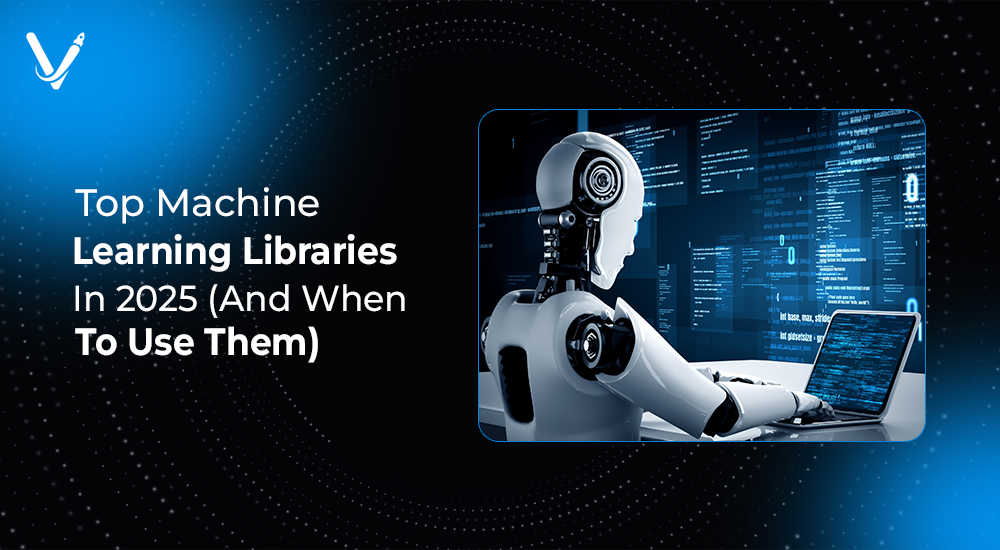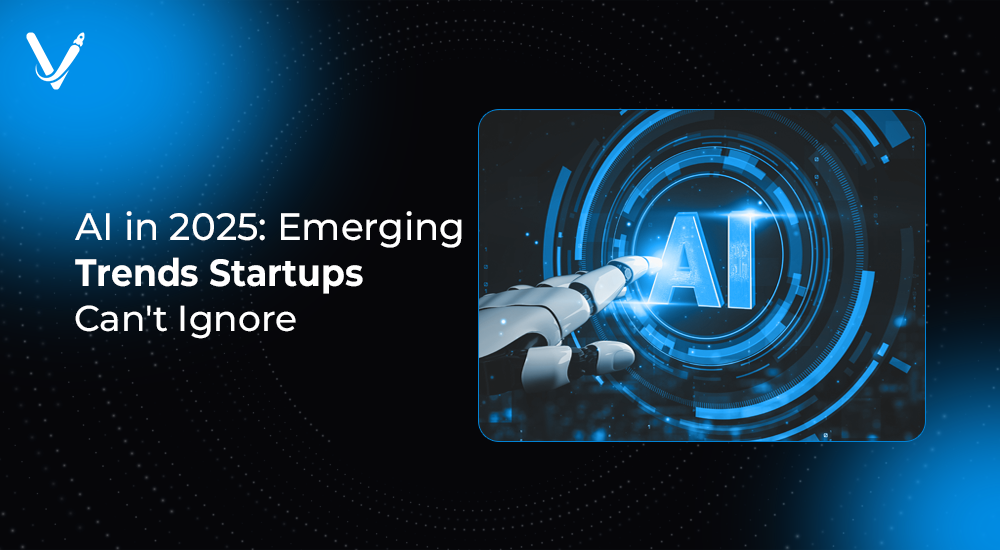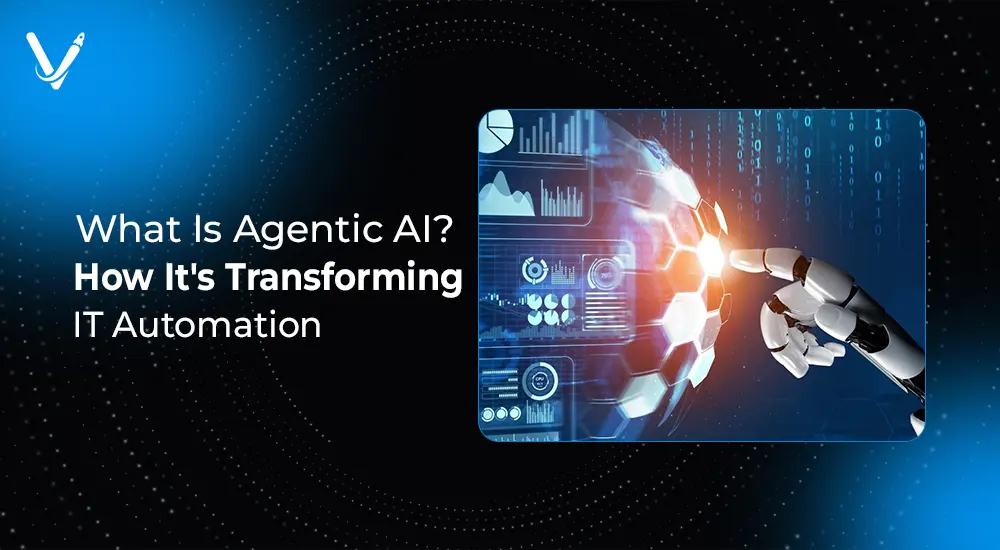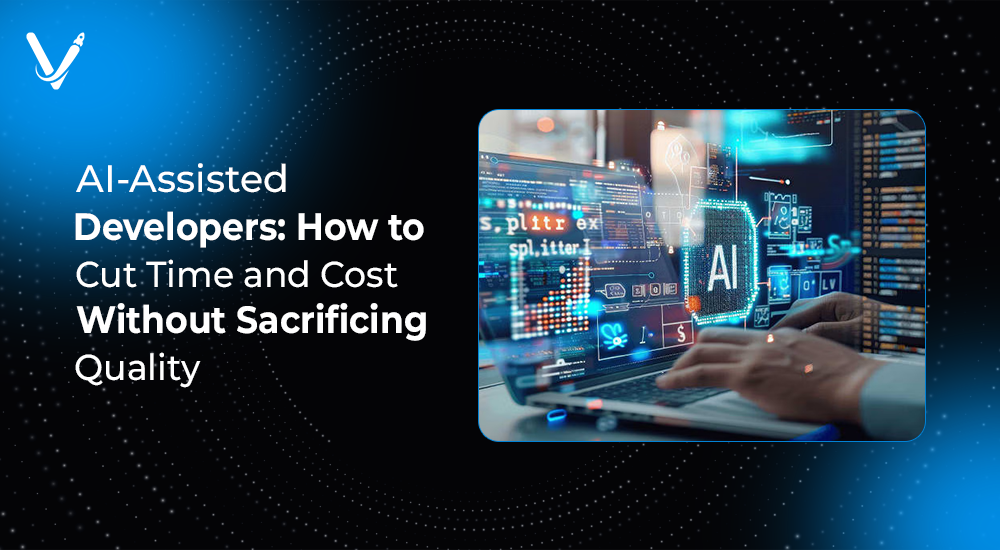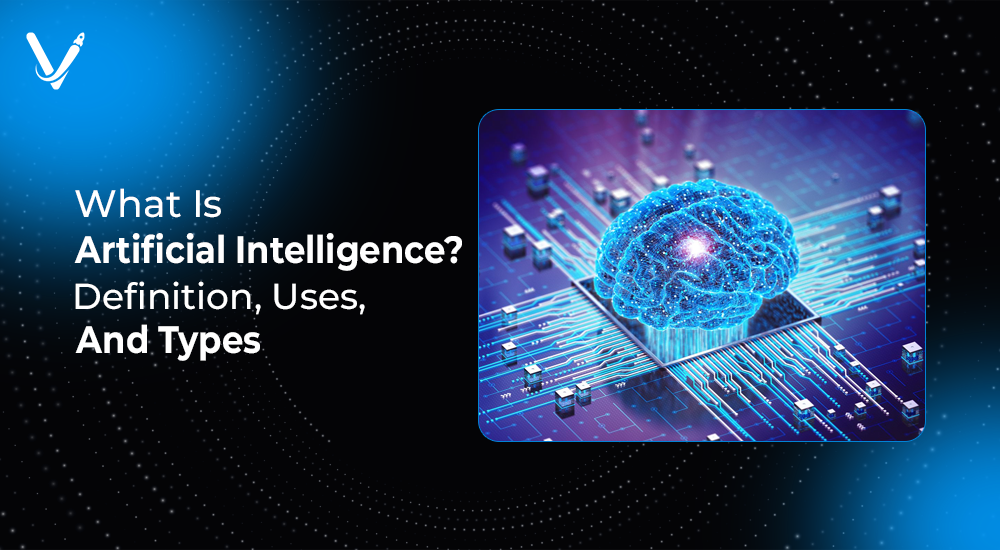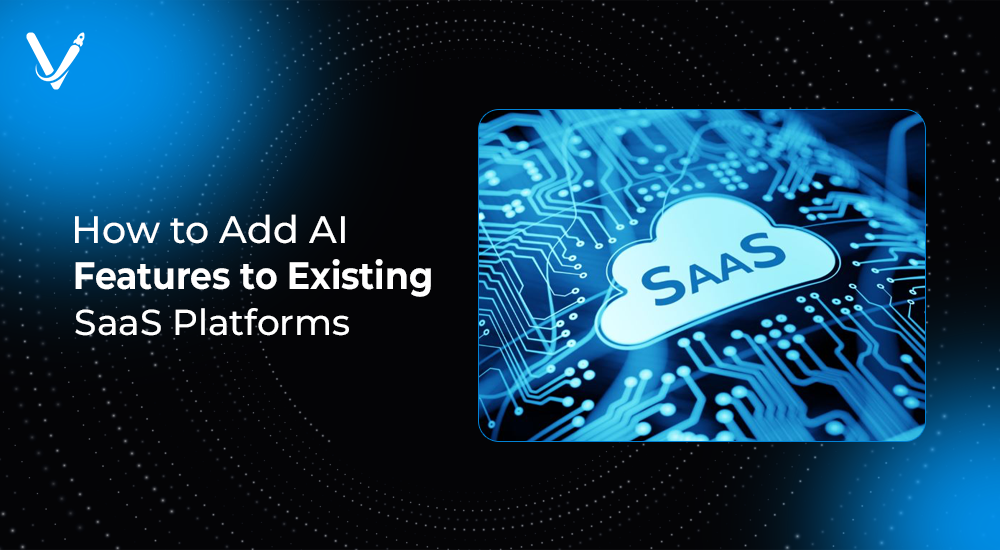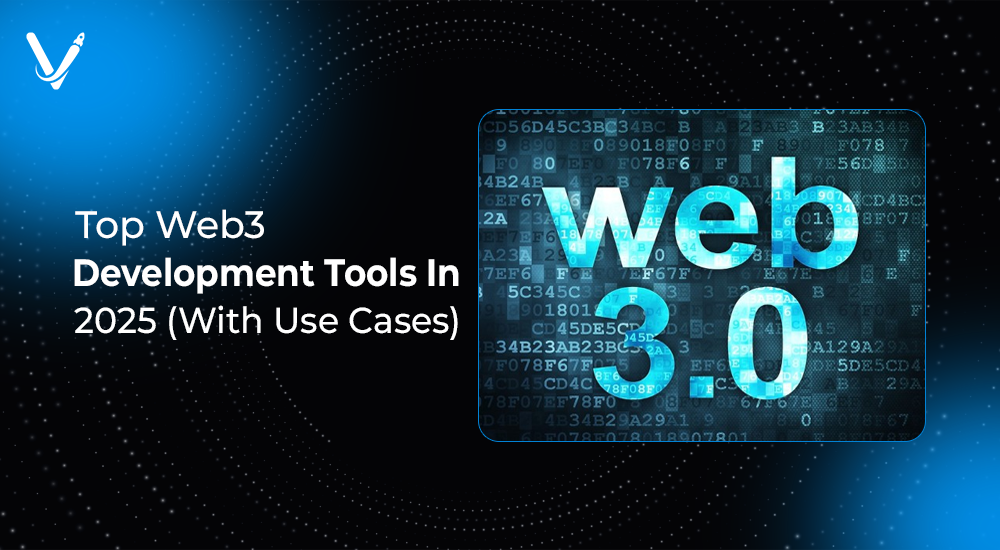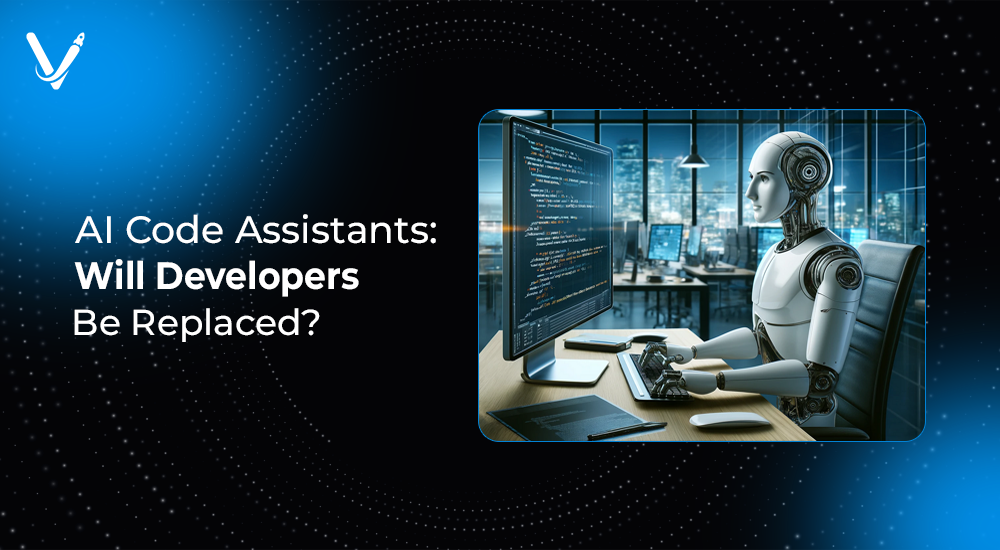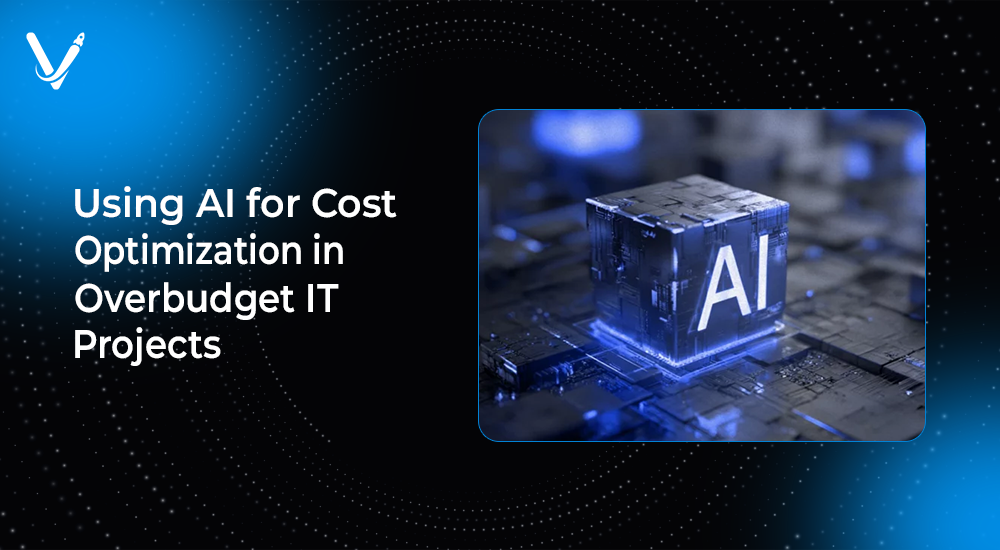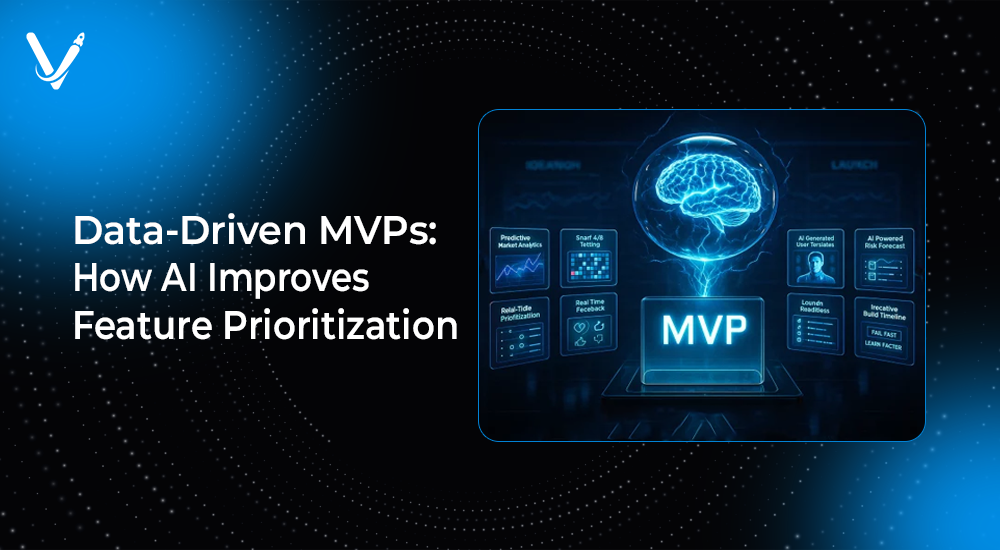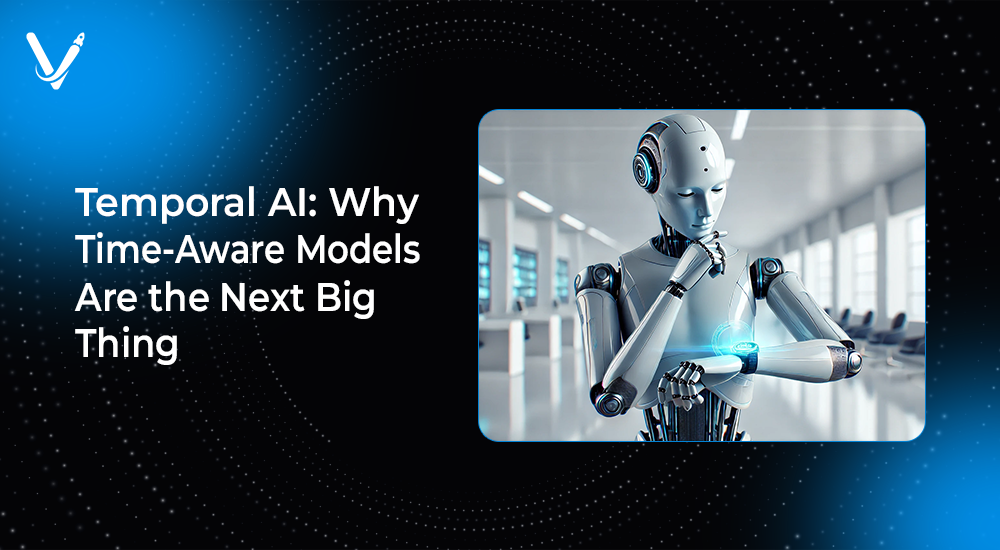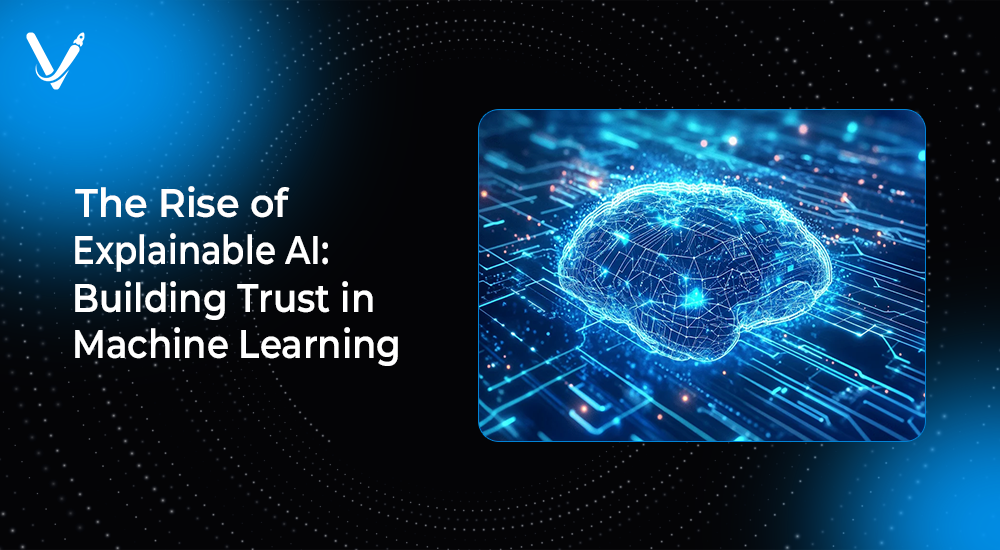AIOps: The Future of IT Operations Management
 Chirag Pipaliya
Chirag PipaliyaSep 19, 2025
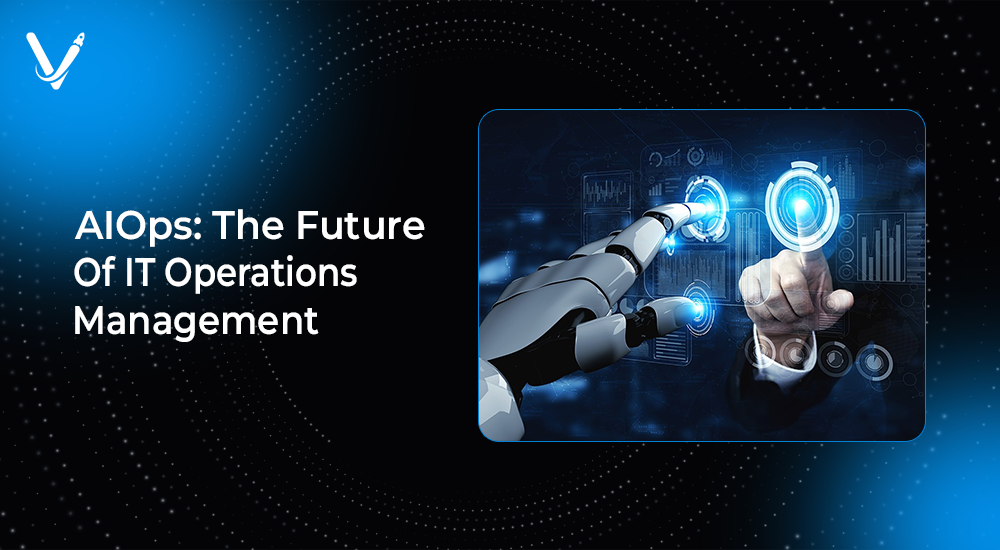
Modern IT landscapes are more complex than ever. Cloud-native applications, microservices, edge computing, and hybrid infrastructures have reshaped the way businesses deliver digital experiences. While these innovations unlock new opportunities, they also introduce layers of complexity that traditional IT operations teams struggle to manage. Alerts flood dashboards, incidents spike unpredictably, and root-cause analysis can take hours or even days.
This is where AIOps—Artificial Intelligence for IT Operations—steps in. AIOps is not just another buzzword; it’s a paradigm shift in how organizations monitor, manage, and optimize IT operations. By blending machine learning, big data analytics, and automation, AIOps enables enterprises to move from reactive firefighting to proactive, predictive, and self-healing operations.
In this article, we’ll explore the essence of AIOps, its core capabilities, benefits, challenges, and real-world applications. You’ll also see why AIOps is becoming the cornerstone of modern IT operations management and how companies like Vasundhara Infotech can help you embrace this future.
What is AIOps?
AIOps stands for Artificial Intelligence for IT Operations. At its core, AIOps leverages AI technologies such as machine learning, natural language processing, and predictive analytics to automate and enhance IT operational tasks.
Instead of relying solely on human operators to sift through logs, alerts, and events, AIOps platforms analyze vast streams of operational data in real time. They identify patterns, correlate incidents, and even resolve issues without human intervention.
Unlike traditional monitoring tools that simply raise alarms, AIOps systems provide context-aware insights, helping IT teams prioritize what truly matters. This means fewer false positives, faster resolution, and improved system reliability.
Why IT Operations Need AIOps
The evolution of IT has created a perfect storm for operational complexity. Cloud adoption, DevOps practices, containerization, and IoT devices have made IT environments dynamic and distributed. Traditional monitoring tools were designed for static infrastructures, leaving gaps in visibility and control.
Challenges facing IT operations today include:
- Data overload: Millions of logs, metrics, and events generated every minute.
- Alert fatigue: Too many false positives reduce the ability to detect real problems.
- Slow root-cause analysis: Manual troubleshooting delays recovery.
- Rising customer expectations: Digital experiences must be seamless and always available.
AIOps addresses these challenges by offering intelligent automation, predictive alerts, and real-time insights. This shift allows IT teams to focus less on manual firefighting and more on strategic innovation.
Core Capabilities of AIOps
AIOps platforms combine several advanced capabilities to transform operations. Each capability contributes to building an intelligent, self-improving system.
Intelligent Event Correlation
Instead of treating each alert separately, AIOps systems group related alerts into meaningful incidents. For example, network latency, server CPU spikes, and application timeouts may all stem from a single database overload. Event correlation prevents teams from chasing multiple alerts and directs focus to the true source of the problem.
Predictive Analytics
By analyzing historical data and current trends, AIOps can predict potential failures before they occur. Imagine being alerted that a storage system is likely to fail in three days based on usage patterns and anomalies. This predictive capability shifts IT operations from reactive to proactive.
Root-Cause Analysis
When outages occur, identifying the underlying cause quickly is critical. AIOps platforms use machine learning to trace causal links across systems. This reduces mean time to resolution (MTTR) and minimizes downtime impact.
Automation and Remediation
Beyond detection, AIOps can take corrective actions automatically. For instance, if memory consumption crosses a threshold, the system might automatically restart services, provision new resources, or trigger scaling actions in the cloud.
Continuous Learning
A defining feature of AIOps is adaptability. The more data it processes, the better it becomes at recognizing anomalies and recommending solutions. Continuous feedback loops ensure the system evolves alongside changing infrastructure.
Benefits of AIOps in IT Operations Management
The adoption of AIOps brings transformative benefits that extend far beyond operational efficiency. By combining automation, predictive insights, and real-time analytics, AIOps reshapes how IT operations are managed, delivering tangible improvements across visibility, cost efficiency, user experience, and scalability.
Enhanced Visibility
Modern IT environments span across hybrid clouds, microservices, and distributed infrastructures. This creates massive volumes of logs, events, metrics, and traces that are often siloed in separate monitoring tools. AIOps solves this challenge by consolidating all these data streams into a single pane of glass.
For organizations running complex digital services, this level of observability is critical for both stability and innovation.
Faster Problem Resolution
Traditional IT operations often face alert fatigue, where hundreds of notifications flood dashboards, leaving teams unsure which ones matter most. AIOps filters out noise by intelligently correlating related events and surfacing only actionable insights.
By identifying the true root cause of disruptions, AIOps significantly reduces Mean Time to Resolution (MTTR). Automated remediation workflows can even resolve certain issues instantly—such as restarting failed services, allocating additional resources, or triggering failover systems.
Reduced Operational Costs
Running IT operations manually is resource-intensive. Teams often spend countless hours on repetitive monitoring tasks, manual log reviews, and system checks. AIOps reduces this overhead by automating routine tasks, such as anomaly detection, event correlation, and performance optimization.
By minimizing manual intervention, organizations can operate leaner teams while still managing larger, more complex infrastructures. This directly lowers operational costs and redirects talent toward strategic projects that drive innovation and growth.
Improved User Experience
Today’s customers expect digital services to be fast, reliable, and seamless. Even minor disruptions—like a delayed page load or a failed transaction—can lead to frustration and lost revenue. AIOps ensures proactive issue detection, resolving performance bottlenecks before they affect end users.
By maintaining system reliability and availability, AIOps enables businesses to deliver consistently high-quality digital experiences. This directly improves customer satisfaction, boosts retention, and enhances brand loyalty. For industries like e-commerce, fintech, and SaaS, where customer experience is a competitive differentiator, this benefit is invaluable.
Real-World Applications of AIOps
AIOps is not just a theoretical concept—it is actively driving transformation across industries. Its ability to prevent failures, optimize resources, and maintain reliability makes it a crucial enabler of digital success.
- Banking and Finance: In financial systems, downtime or transaction errors can lead to massive losses. AIOps predicts potential bottlenecks in payment systems, monitors trading platforms for anomalies, and ensures regulatory compliance by providing accurate audit trails.
- E-commerce: Online retailers experience huge surges in traffic during sales events and holidays. AIOps automatically scales infrastructure to match demand, prevents cart abandonment by detecting latency issues early, and ensures uninterrupted checkout experiences.
- Healthcare: Patient safety relies on reliable IT systems. AIOps monitors connected medical devices, electronic health record systems, and hospital networks to detect anomalies that could compromise care delivery. Proactive monitoring reduces risks and improves outcomes.
- Telecom: Telecommunications networks span millions of devices and endpoints. AIOps automates fault detection, network optimization, and predictive maintenance, ensuring uninterrupted connectivity and improved service quality for subscribers.
- SaaS Platforms: Software-as-a-Service providers depend on consistent uptime for customer trust. AIOps delivers proactive monitoring, automatic failover, and predictive scaling to ensure applications remain reliable for global users across time zones.
Challenges in Adopting AIOps
Despite its clear advantages, adopting AIOps is not without obstacles. Organizations must carefully address these challenges to unlock the full value of the technology.
Data Quality
AIOps thrives on data—but poor data leads to poor outcomes. Incomplete, unstructured, or inconsistent data can distort insights, resulting in false positives or missed alerts. Ensuring high-quality data through standardization, governance, and proper data pipelines is essential for AIOps success.
Cultural Shift
Automation often sparks resistance. IT teams accustomed to manual control may view AIOps as a threat to their roles. Overcoming this requires a cultural shift—positioning AIOps not as a replacement but as an augmentation that reduces drudgery and empowers teams to focus on strategic work. Strong change management and leadership support are critical here.
Integration Complexity
Modern enterprises often run a mix of legacy systems and cloud-native applications. Integrating these disparate environments with AIOps platforms can be complex. Success requires phased rollouts, API-driven integrations, and careful alignment with existing IT workflows.
Skill Gaps
AIOps relies on advanced AI and data science principles that many IT teams may not be familiar with. This skill gap can slow adoption and limit effectiveness. Organizations can address this challenge through targeted training, cross-functional collaboration, or partnerships with technology providers and consulting experts.
Recognizing these challenges upfront allows organizations to build a realistic adoption roadmap. By tackling them systematically, businesses can ensure a smoother transition and maximize their return on investment in AIOps.
AIOps and the Future of IT Operations
The future of IT operations is inseparable from AIOps. As AI models grow more sophisticated, AIOps platforms will evolve from assisting humans to autonomously managing large portions of IT environments.
We can expect:
- Self-healing systems that automatically detect and fix issues without human intervention.
- AI-driven capacity planning that ensures resources are always optimized.
- Cross-domain intelligence that integrates security, DevOps, and business analytics.
- Voice and chatbot interfaces for natural language interactions with IT systems.
In this future, IT teams will act as overseers and strategists, focusing on innovation while AIOps handles routine operations.
How Vasundhara Infotech Helps Businesses Adopt AIOps
At Vasundhara Infotech, we believe AIOps is not just a technology but a transformation journey. We help businesses unlock the full potential of AIOps through:
- Custom Strategy: Designing adoption roadmaps tailored to your unique IT environment.
- Implementation: Deploying AIOps tools and integrating them with your existing systems.
- Automation: Building intelligent workflows that minimize manual intervention
- Training and Support: Ensuring your teams are equipped to work effectively with AIOps.
Our expertise in AI-driven solutions ensures that you don’t just implement technology—you achieve measurable outcomes like reduced downtime, lower costs, and improved customer satisfaction.
Conclusion
The complexity of modern IT demands a new approach. AIOps represents the evolution of IT operations management, blending artificial intelligence with automation to deliver proactive, predictive, and self-healing capabilities. By embracing AIOps, organizations move beyond reactive problem-solving to achieve resilience, scalability, and agility in their digital operations.
Businesses that begin this journey today will not only reduce operational burdens but also gain a competitive edge in delivering flawless digital experiences. At Vasundhara Infotech, we are committed to guiding you through this transformation, ensuring your IT operations are not just future-ready but future-proof. Get in touch with us.







